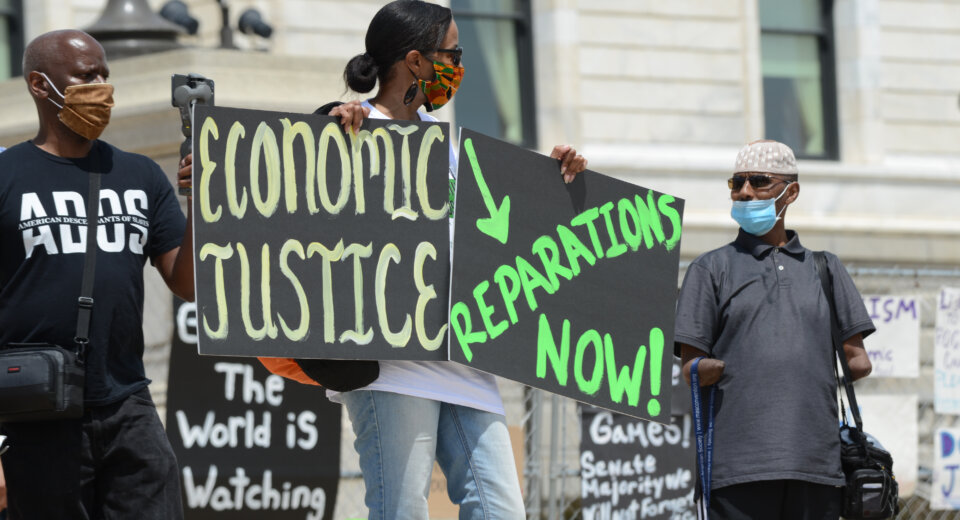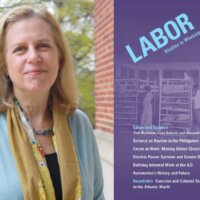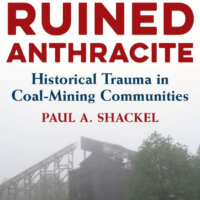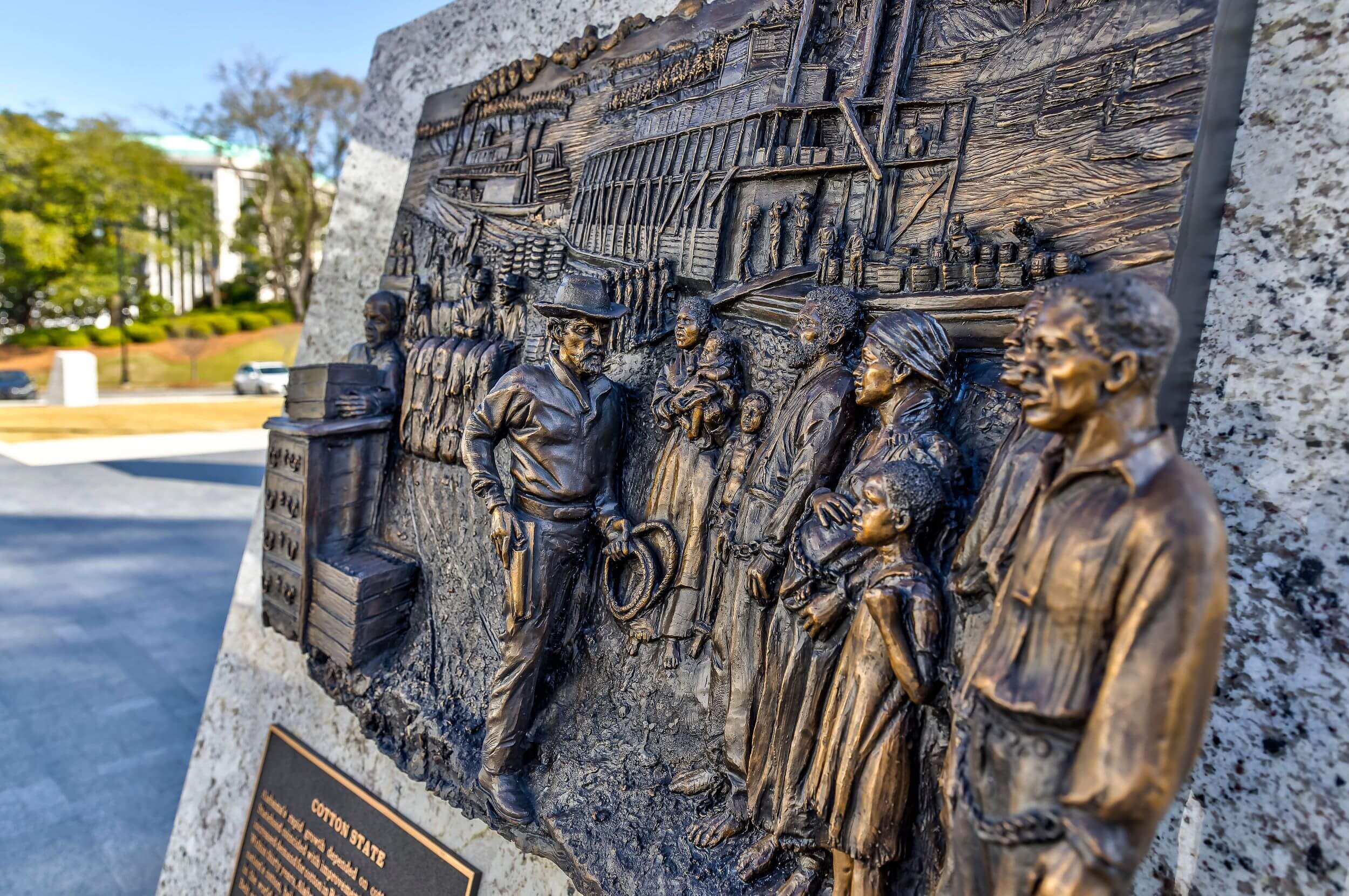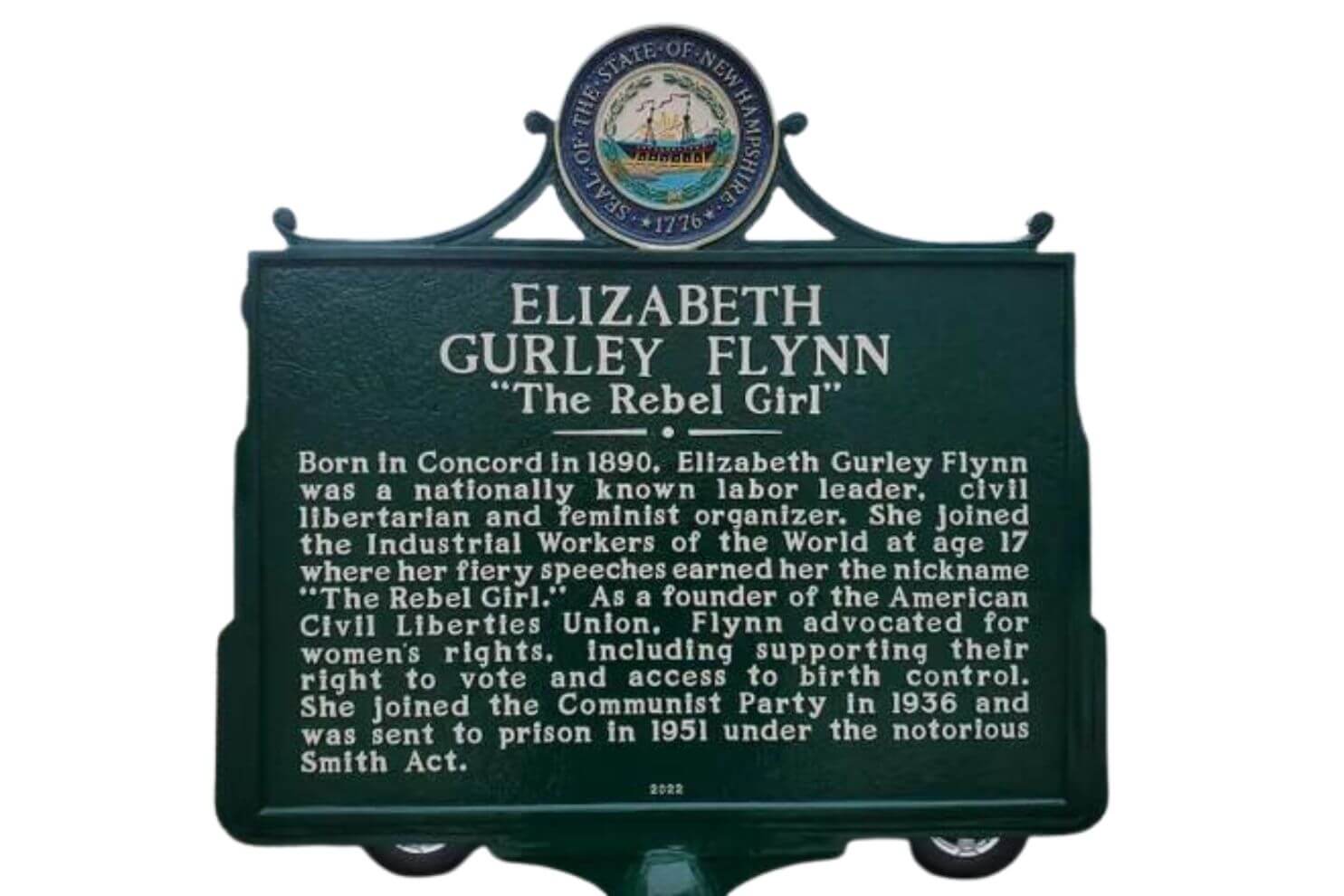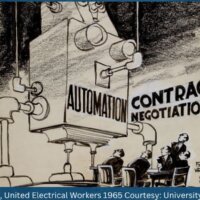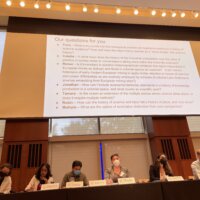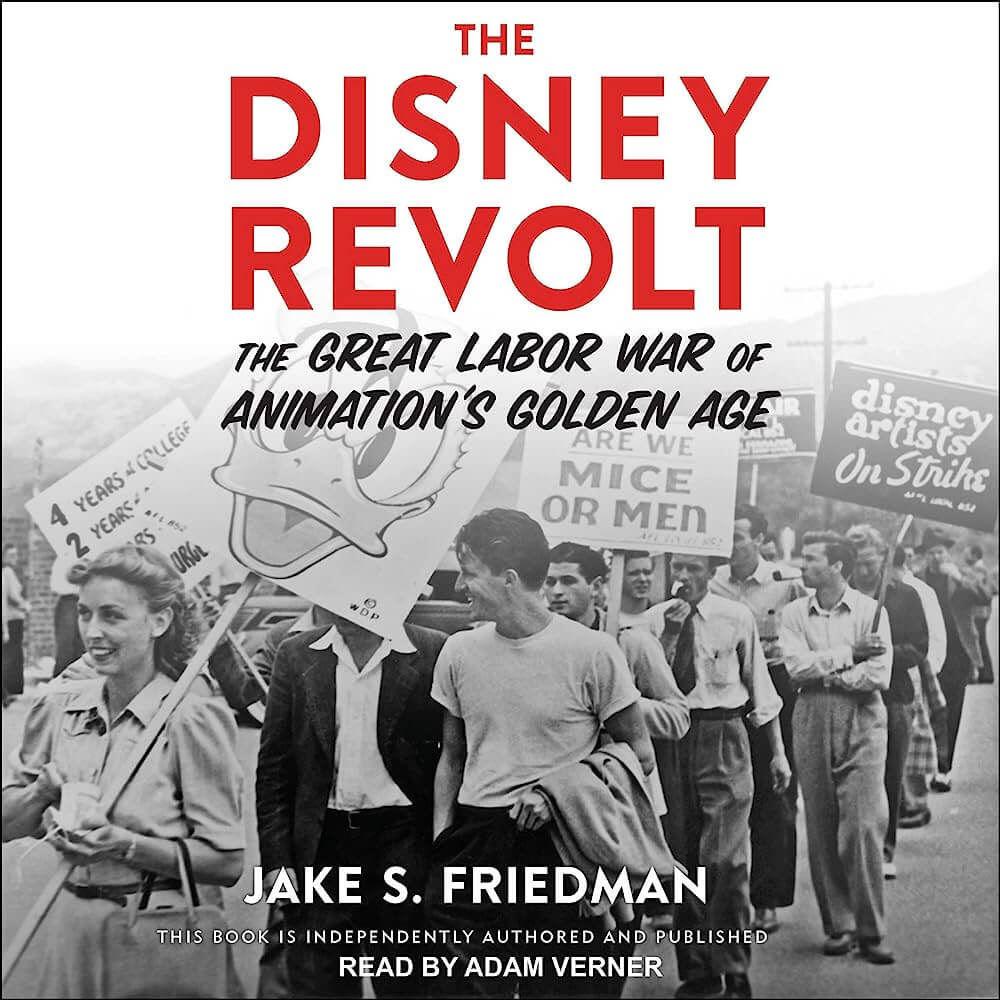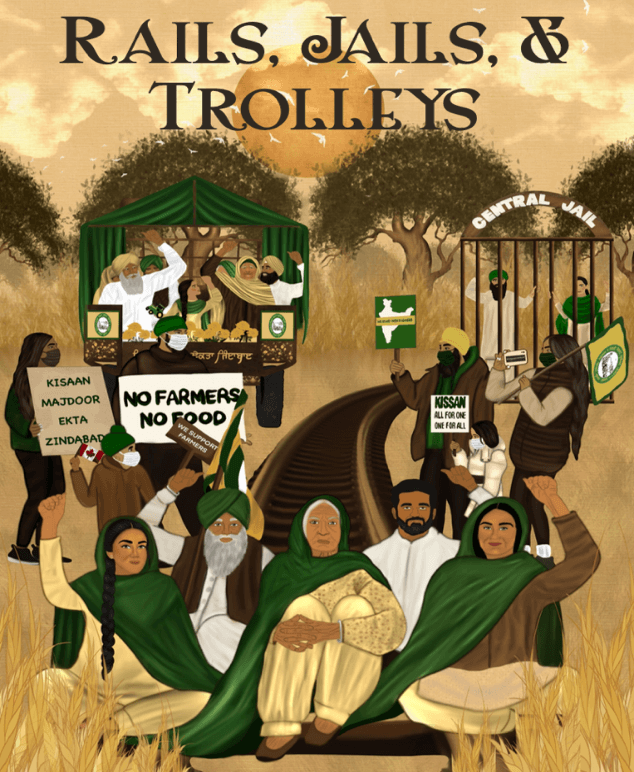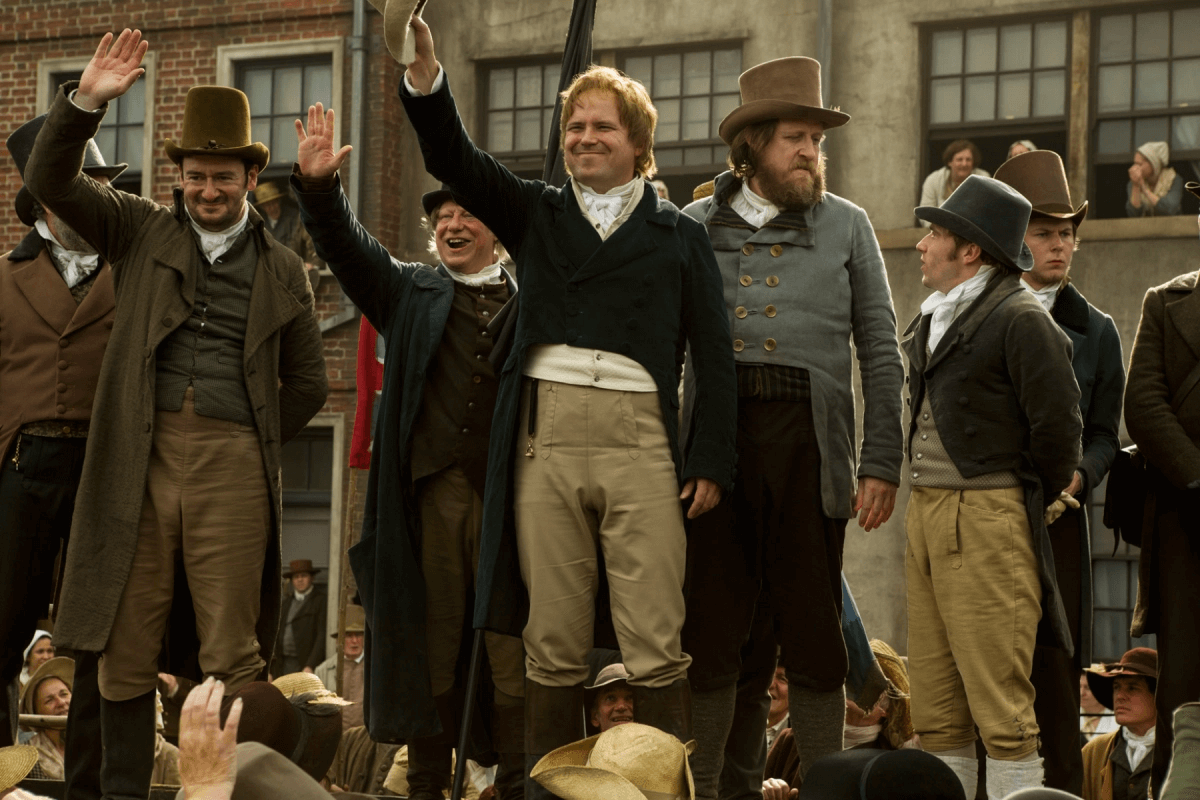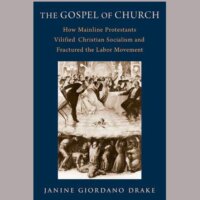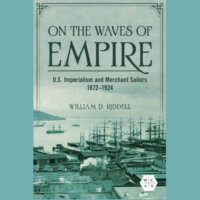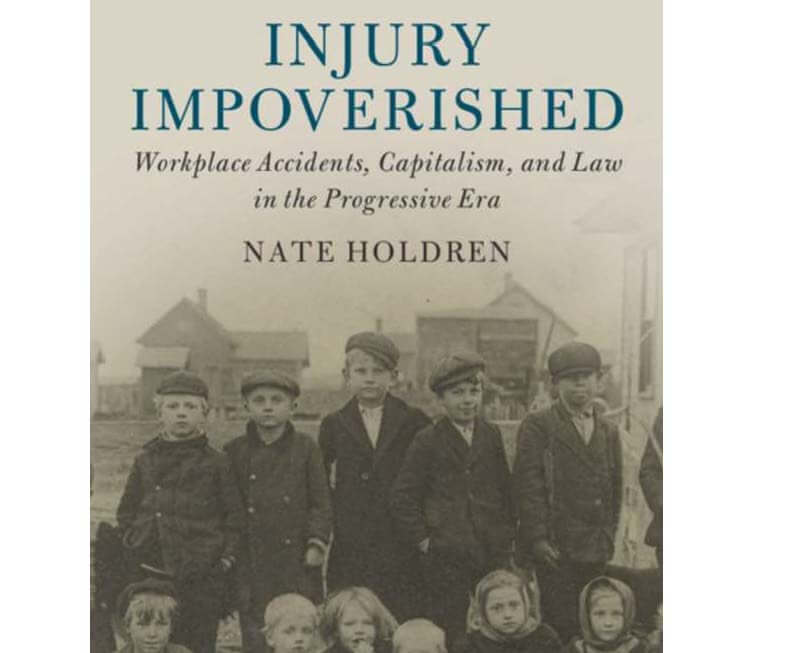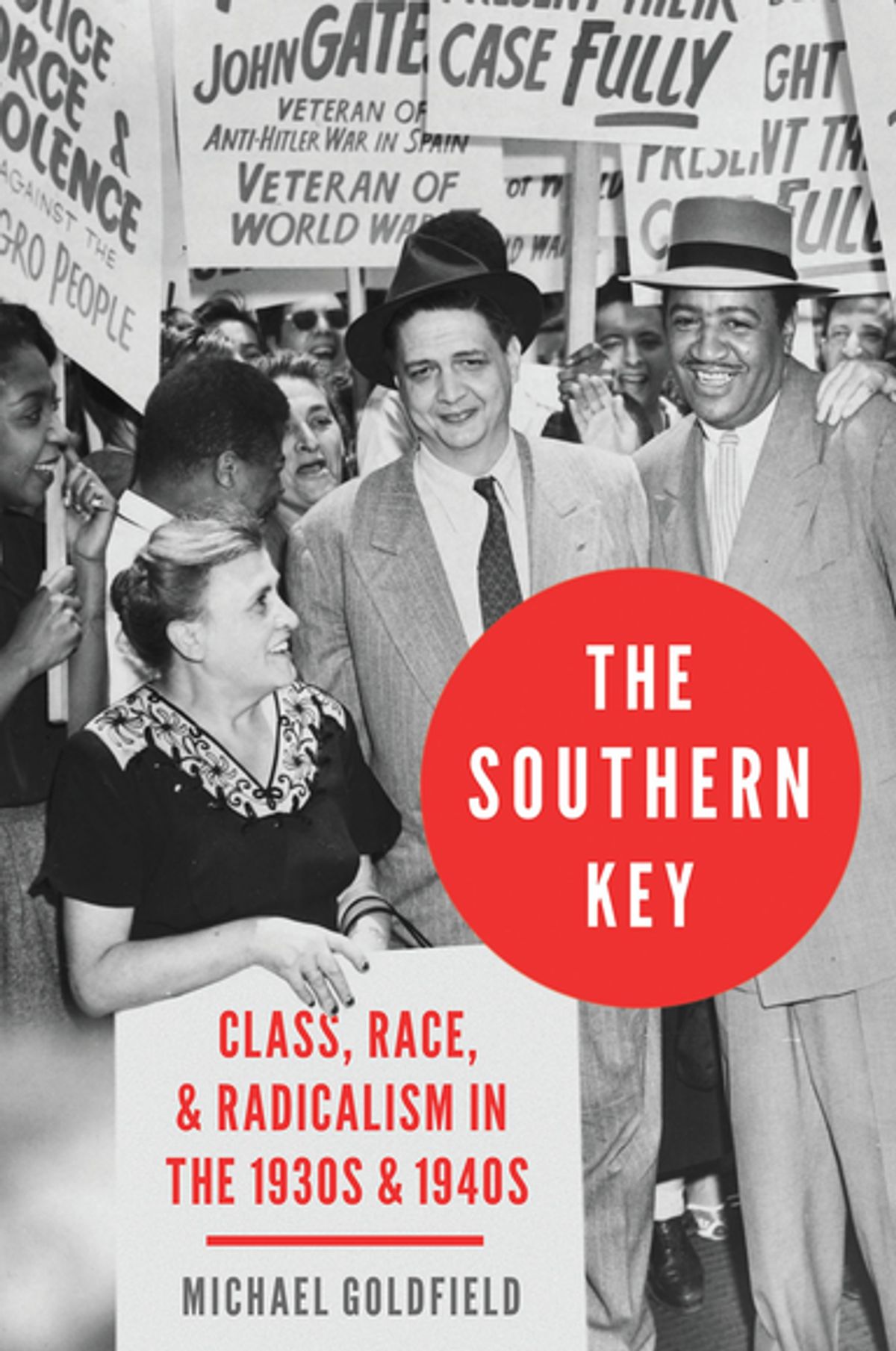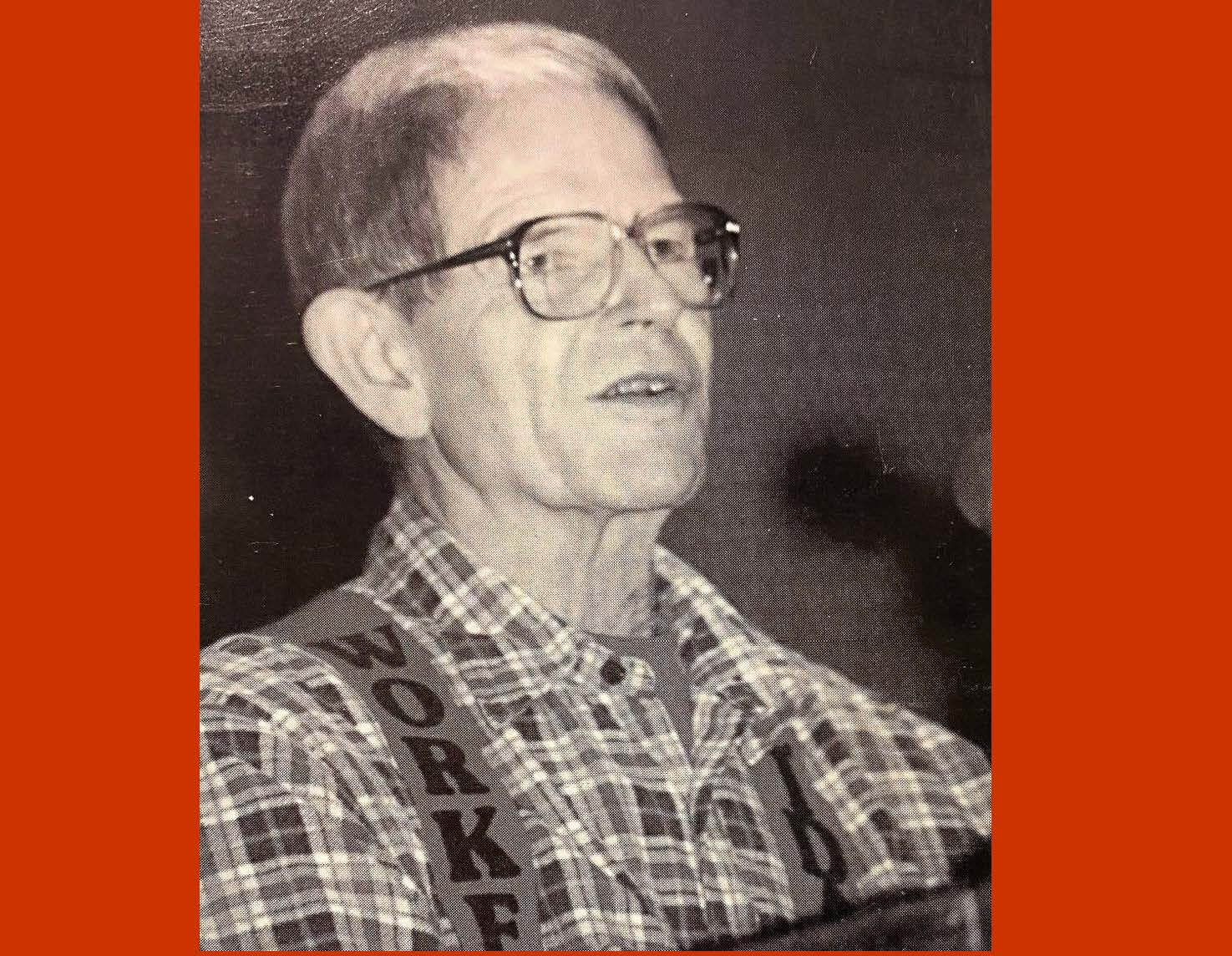LaborOnline
LaborOnline
Featured Blogs
- by Alan Singer
- April 25, 2024
New York State and California have both created commissions to study the possibility of reparations to African Americans for the legacy of slavery and post-Civil War segregation and racism. The California commission has already recommended direct payments of over a million dollars to eligible state residents.
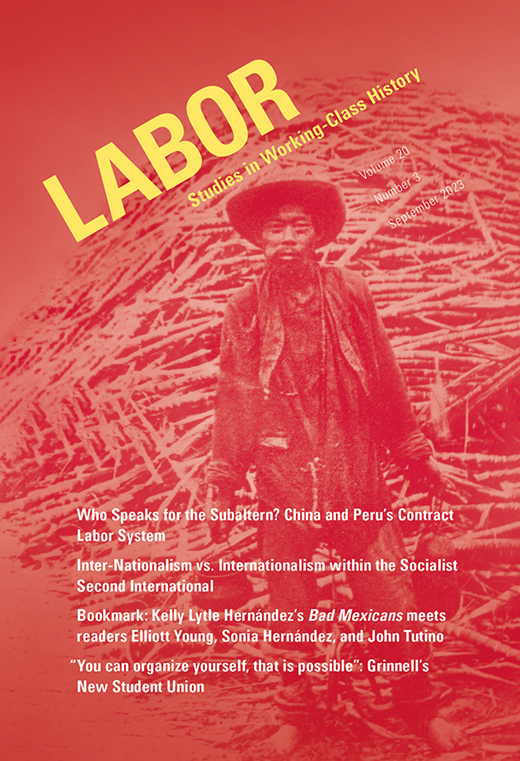
Labor: Studies in Working Class History
The official journal for the Labor and Working-Class History Association (LAWCHA)
Volume 20, Issue 3, September 1, 2023
See the latest issue
Recent
About
LaborOnline features commentary on a host of issues, contemporary and historical.
Contribute content
To contribute stories, propose topics, or reach the editor for other reasons, contact Rosemary Feurer (rfeurer@niu.edu). For the public history series, Marked, Unmarked, Remembered, contact Alex Lichtenstein, lichtens@indiana.edu
Editorial Team for Labor Online
- John Enyeart
- Alex Lichtenstein
- Emily La Barbera Twarog
- Chad Pearson
- Lisa Phillips
- Ian Rocksborough-Smith
- Randi Storch
- Naomi R Williams
- Augustus Wood
Marked, Unmarked, Remembered: A Public History Series
Remembering Ludlow, Forgetting Columbine
- March 20, 2024
Paul Shackel on his new book, The Ruined Anthracite
- January 30, 2024
Labor and Public Memory in the Cradle of the Confederacy
- June 22, 2023
Cancelling Elizabeth Gurley Flynn
- May 24, 2023
Labor: Studies in Working Class History
Reporting Work
- April 15, 2024
’Whence Automation’: An Interview
- April 5, 2024
Labor History and History of Science: Better Together
- April 2, 2024
On Equal Terms-Gender and Solidarity
- March 25, 2024
Film & video
Sherwood: The Crimes of Thatcher’s War
- January 12, 2023
Rails, Jails and Trolleys
- November 28, 2022
Peterloo and Pedagogy
- October 13, 2022
Authors new book interviews
Paul Shackel on his new book, The Ruined Anthracite
- January 30, 2024
Max Fraser on his new book, Hillbilly Highway
- December 15, 2023
Janine Giordano Drake on her new book, The Gospel of Church
- November 3, 2023
Book symposia
Nate Holdren responds: Roundtable on Injury Impoverished
- August 14, 2020
Goldfield Roundtable: The Author Replies to Critics
- July 17, 2020
In Memoriam
Stephen Meyer (1942 – 2020)
- May 14, 2023
Jane LaTour (1946-2023)
- April 24, 2023
Staughton Lynd (1929-2022)
- November 19, 2022
Joseph Bruce Nelson (1940-2022)
- July 16, 2022
LaborOnline features commentary on a host of issues, contemporary and historical. To contribute stories, propose topics, or reach the editor for other reasons, contact Rosemary Feurer (rfeurer@niu.edu).
For information about our prize-winning journal or to contribute, visit LABOR: Studies in Working-Class History.

